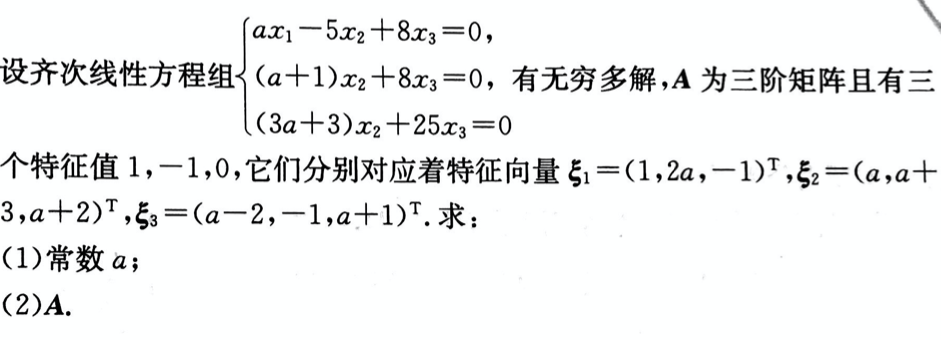Who would have thought that, globally, the IT industry produces about the same volume of greenhouse gases as the world’s airlines do—roughly 2 percent of all CO2 emissions? Many everyday tasks take a surprising toll on the environment. A Google search can leak between 0.2 and 7.0 grams of CO2, depending on how many attempts are needed to get the “right” answer. To deliver results to its users quickly, then, Google has to maintain vast data centres around the world, packed with powerful computers. While producing large quantities of CO2, these computers emit a great deal of heat, so the centres need to be well air-conditioned, which uses even more energy. However, Google and other big tech providers monitor their efficiency closely and make improvements. Monitoring is the first step on the road to reduction, but there is much more to be done, and not just by big companies.
正确答案及解析
正确答案
解析
从全球范围来看,有谁能想到 IT 行业释放的温室气体与全球航空公司所产生的一样多呢?大概占到二氧化碳总排放量的 2%。 许多日常工作对环境造成了意想不到的破坏。根据用户每次搜索并得到正确答案的尝试次数不同,每一次 在谷歌上的搜索都会产生 0.2 到 0.7 克的二氧化碳。为了快速将搜索结果提供给用户,谷歌在全球建立大型数 据中心,这些数据中心配备了很多大功率计算机。这些计算机在排放大量二氧化碳的同时也产生大量的能量。 因此,这些数据中心需要良好的空调降温,这同时又会消耗大量的能量。 然而,谷歌和其他规模较大的技术供货商严密地监控他们的效率并不断地进行改进。监控只是减排的第一 步,并且任重而道远,仅靠大公司还是不够的。




